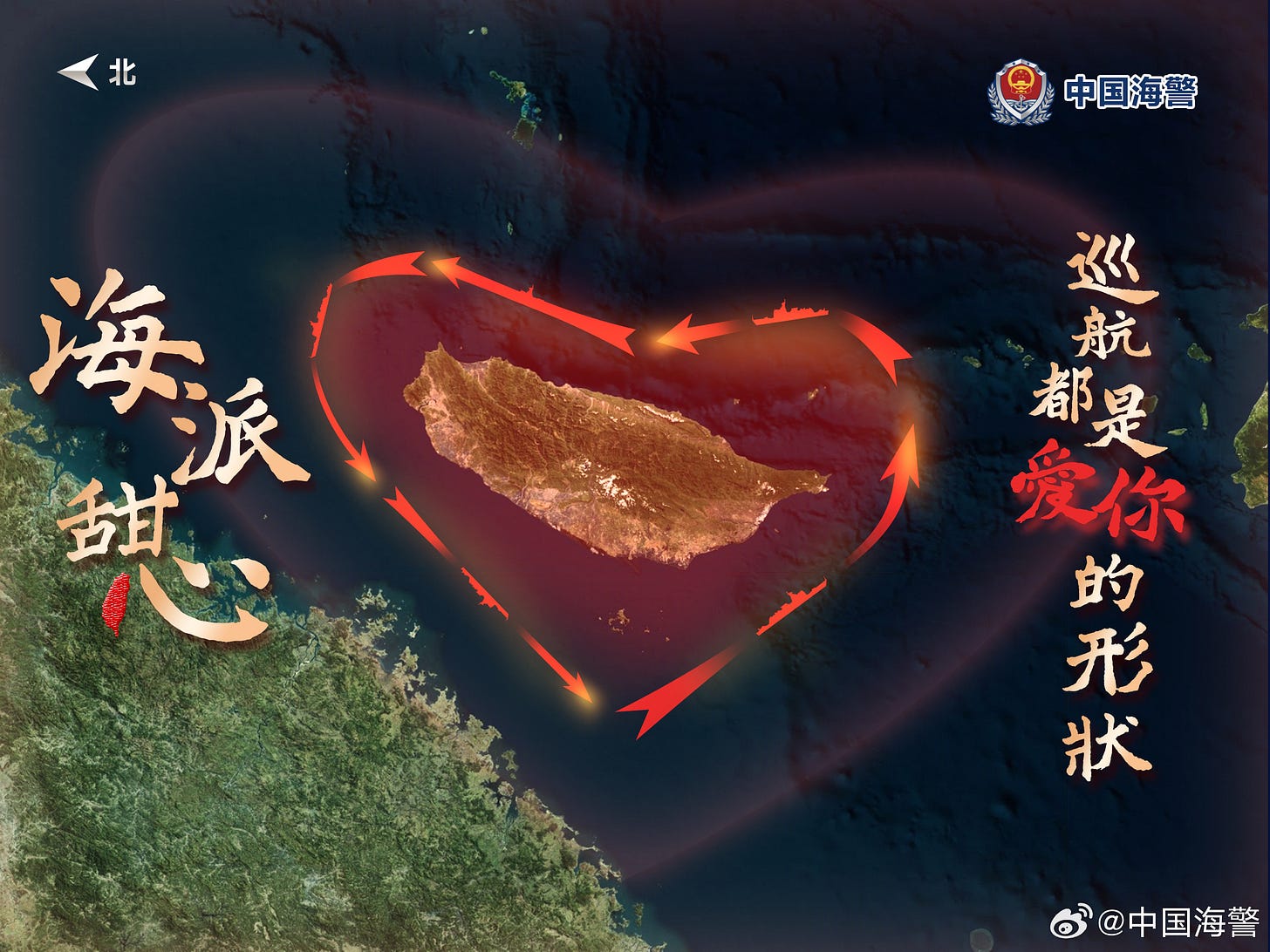Beset by monsters
Confronting conflict
The prior note contained images from Francisco Goya’s etchings, The Disasters of War. The less obvious context for it is that I am currently doing some thinking and writing alongside the Spanish painter. Given my recent note on Don Quixote by Miguel de Cervantes, I was happy to come across a sketch of the famed knight-errant by Goya. Compared to the series, Los Caprichos and Disparates, this image is not as dark or as menacing. I would suggest the common title, ‘Don Quixote beset by monsters’, is not as suitable as ‘Don Quixote’s Visions’, the title Goya had originally considered for a series that never eventuated.
Yet this cannot be the Goya that speaks to the present moment. Rather, it is his darker, more phantasmagoric visions that call out. It is understandable that there are proposals to face our predicament with ‘honest hope’, as a new report on systemic risk by ASRA does. But such attempts invariably bump up against bad actors, bad incentives, and brute stupidity. One precise manifestation of these dynamics has been carefully considered by Pete Chambers in his series on how e-scooters capture the ‘stupid, stubborn, surreal’ feel of now. The example I constantly witness is the steady march of tourists traipsing through Kyoto, with algorithms guiding them towards their Japan experience™. Writing in the New Yorker, Elizabeth Kolbert captures this dynamic in another context:
Today, Greenland is eagerly courting foreigners. A new international airport has been built in Nuuk, and another is under construction in Ilulissat. From the ridge overlooking the ice jam, I could see a cloud of dust rising from the construction site.
The new airports will bring more visitors to Greenland to see the melting ice, and the increase in air travel will melt more ice—another potential feedback loop. No one desires this outcome—not the travellers and certainly not the Greenlanders, whose attachment to the ice is profound. But everyone pushes ahead anyway.
Somewhere in the background, the United States continues to indulge Israel’s unhinged rage, China encircles Taiwan with ‘love’, Russia’s brutal, grinding conquest advances, and even further from collective view, UN experts judge that, ‘never in modern history have so many people faced starvation and famine as in Sudan today’. Along with Nigeria and the Democratic Republic of the Congo, these three countries account for about half of the 163 million Africans now facing acute food insecurity. Force is everywhere, legitimacy nowhere. Meanwhile, we click like and order another package.
Earlier this year, in a NLR Sidecar post, Michael Hardt and Sandro Mezzadra published a suggestive piece that captures something of where we might find ourselves:
Our hypothesis is that a global war regime is emerging – one in which governance and military administrations are closely intertwined with capitalist structures.
Both the rhetoric and practices of global warfare have changed dramatically since the early 2000s, when the ‘rogue state’ and the ‘failed state’ were key ideological concepts thought to explain the outbreak of military conflicts, which were by definition confined to the periphery. This presupposed a stable and effective international system of governance, led by the dominant nation-states and global institutions. Today, that system is in crisis and unable to maintain order. Armed conflicts, such as those in Ukraine and Gaza, are drawing in some of the most powerful actors on the international stage, summoning the spectre of nuclear escalation. The world-systems approach has typically viewed such disruptions as signs of a hegemonic transition, as when the World Wars of the twentieth century marked the shift from British to US global hegemony. But in today’s context, the disruption portends no transfer of power; the decline of US hegemony simply inaugurates a period in which crisis has become the norm.
In these conditions of ‘no longer and not yet’, war - real and threatened - becomes a conditioning factor shaping behaviour and mediating relationships.
Even further from view, the recent publication of ‘The 2024 state of the climate report’ in BioScience, which commences with the following statement:
We are on the brink of an irreversible climate disaster. This is a global emergency beyond any doubt. Much of the very fabric of life on Earth is imperiled. We are stepping into a critical and unpredictable new phase of the climate crisis.
After carefully detailing how we are extracting, producing and consuming well beyond what the planet is capable of safely sustaining, the authors conclude:
The surge in yearly climate disasters shows we are in a major crisis with worse to come if we continue with business as usual. ... We must urgently reduce ecological overshoot and pursue immediate large-scale climate change mitigation and adaptation to limit near-term damage. Only through decisive action can we safeguard the natural world, avert profound human suffering, and ensure that future generations inherit the livable world they deserve. The future of humanity hangs in the balance.
The terrifying combination of consequences everywhere and responsibility nowhere is one of the distinguishing features of our condition. Complexity explains and excuses.
If this note is a bit more uneven in its combination of themes and references, it is a reflection of the destabilising pseudoreality we are stumbling through. In such conditions, even to see the whole is difficult. To orient oneself is a constant and continual challenge, especially when so much of the socio-technological environment is profoundly shaped against what is good and just.
In lieu of any attempt at a conclusion, a quote from Robert Musil’s 1934 lecture, ‘The Creative Writer in Our Time’:
The ‘toppling’ of the spirit is also, finally, a part of this - the remarkable contemporary phenomenon of a lack of ‘civil courage.’ What have people not readily or reluctantly renounced or surrendered in these years that formerly would have belonged to their inalienable convictions and deepest principles! There is no principle of humanism, of ethics, of law, of truth, of national commonality, of respect for others and their achievements, that could not be found among these sacrifices… The human being, the ‘personality,’ the spirit behaved the way the body behaves under artillery fire; he ducked down.




